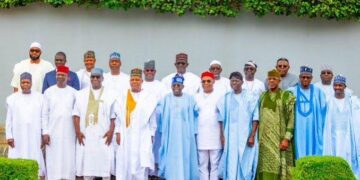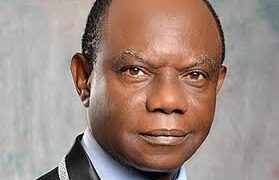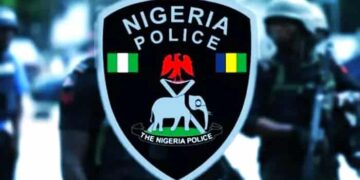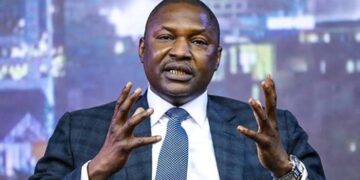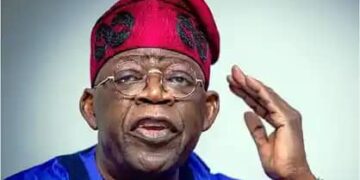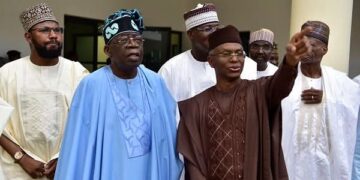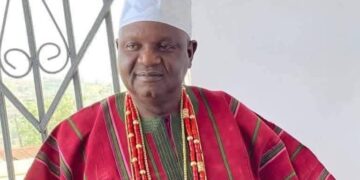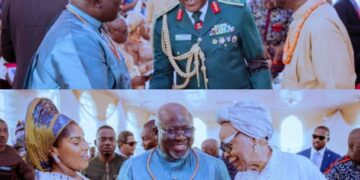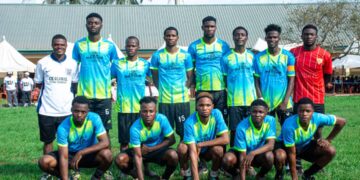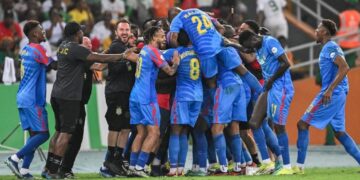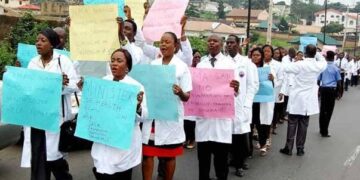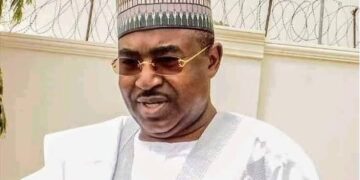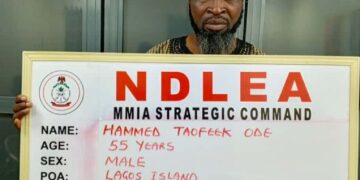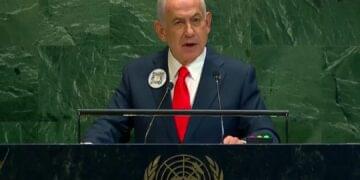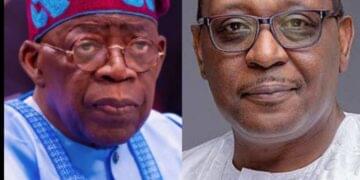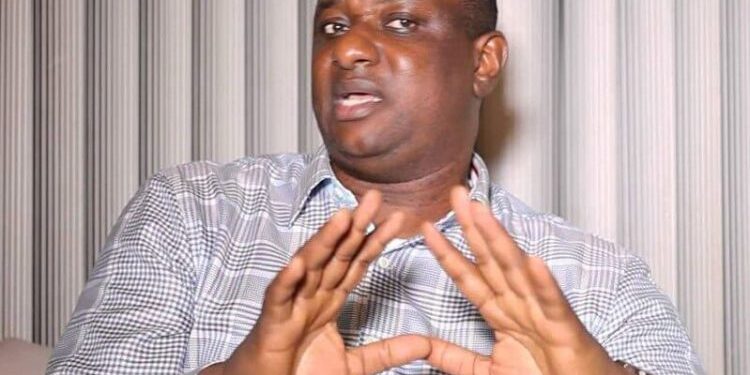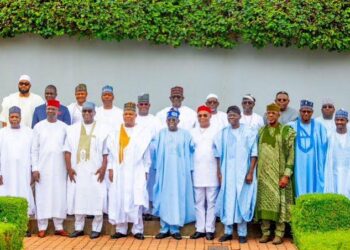The Human Rights Writers Association of Nigeria (HURIWA) has expressed grave concern over the Federal Executive Council’s (FEC) recent approval of a staggering ₦712 billion for the rehabilitation, upgrade, and modernisation of Terminal One of the Murtala Muhammed International Airport (MMIA) in Lagos. The association described the project as fiscally reckless, opaque in process, and potentially tied to ulterior political motives ahead of the 2027 general elections.
In a statement issued to the press by its National Coordinator, Comrade Emmanuel Onwubiko, HURIWA faulted the cost, the procedure of contract award, and the absence of public accountability in the entire transaction. The rights group said that in the midst of Nigeria’s worsening economic situation—including skyrocketing inflation, rising debt obligations, and mass poverty—such a monumental expenditure on a single airport terminal is not only questionable but insensitive.
The approval, announced by the Minister of Aviation and Aerospace Development, Festus Keyamo, involves stripping Terminal One down to its core structure and rebuilding it with new mechanical, electrical, and plumbing systems. The project was awarded to China Civil Engineering Construction Corporation (CCECC) and will be executed over 22 months, funded entirely through the Renewed Hope Infrastructure Development Fund.
HURIWA strongly questioned how a partial rehabilitation of an existing airport terminal could justify a price tag of over $500 million, especially when benchmarked against international examples where entirely new and far larger airports have been constructed for relatively similar or even lesser amounts.
The group cited the ongoing construction of the Techo International Airport in Cambodia, which is scheduled for completion in September 2025 at a cost of $1.5 billion. “The Cambodian airport is being built entirely from scratch across 2,600 hectares, includes three runways, a cargo terminal, and will have capacity for over 50 million passengers annually. It represents a scale of development that far exceeds what is planned for Terminal One in Lagos, yet its cost is just double that of the Nigerian terminal refurbishment. In contrast, the MMIA terminal, already decades old and the subject of repeated refurbishments under the administrations of Presidents Goodluck Jonathan and Muhammadu Buhari, continues to attract billions in public funding without any comprehensive audit of past expenditures or outcomes.
“Under President Buhari, the federal government reportedly secured a loan of ₦106 billion to renovate the same terminal,” HURIWA questioned why, in less than a decade, the same facility now requires another ₦712 billion for what the government claims is a “complete overhaul.” The group stated that this pattern of repeated, high-value spending on the same infrastructure raises serious questions about the integrity of Nigeria’s project evaluation and procurement systems.
HURIWA warned that the award of such a contract, without a publicly advertised and competitive bidding process, undermines the Public Procurement Act and makes a mockery of the federal government’s pledge to promote transparency and fiscal discipline. The association called on the National Assembly to urgently summon the Minister of Aviation and other relevant stakeholders for a public hearing on the project, with a view to suspending it until a full breakdown of the proposed expenditure, scope of work, and selection process is made public.
According to HURIWA, there is growing suspicion that such massive infrastructure budgets are part of a larger agenda to raise funds for political campaigns ahead of the 2027 general elections. The group alleged that the hurried approvals and inflated project costs across various ministries may be indicative of a desperate bid by political actors to secure financial war chests.
HURIWA further questioned whether the federal government is attempting to disguise political fundraising under the cover of capital projects. The association emphasized that in any transparent democracy, a project of this magnitude would have been subjected to multi-level review, feasibility analysis, and public consultation. Instead, Nigerians are being presented with vague press briefings, unverifiable technical jargon, and no access to the Bill of Quantities (BOQ) or any cost justification documents.
The group also expressed concern about the additional ₦49.9 billion perimeter fencing project approved for the same Lagos airport, noting that while airport security is important, the combination of multiple billion-naira contracts within such a short span of time points to a coordinated strategy to drain public resources without adequate oversight. The fencing is said to include intrusion detection systems, CCTV, floodlights, and a patrol road, but again, there has been no release of any detailed technical or financial documentation for public scrutiny.
While acknowledging the need for modern and secure airport infrastructure, HURIWA stressed that projects must be driven by accountability, fiscal prudence, and value-for-money principles. The group warned that unless urgent corrective steps are taken, the N712 billion MMIA terminal project could become another white elephant and national embarrassment, further burdening generations of Nigerians with debt.
HURIWA urged patriotic citizens, aviation professionals, civil society organizations, and the international community to demand immediate transparency and accountability from the federal government. It called on President Bola Ahmed Tinubu to halt the project, order an independent audit, and publish all contract details, including the tender process and full project scope.
The group concluded by stating that any administration truly committed to democratic governance, anti-corruption, and poverty reduction must not be seen to endorse extravagant, secretive projects with no public buy-in. “Nigerians deserve clarity, not shadows; accountability, not arrogance,” the statement read.
*Comrade Emmanuel Onwubiko*
National Coordinator,
Human Rights Writers Association of Nigeria (HURIWA)
August 3, 2025

